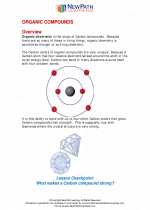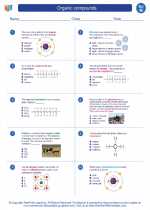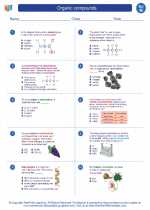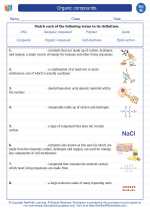Temperature
Temperature is a measure of the average kinetic energy of the particles in a substance. It is a fundamental concept in physics and is used to quantify how hot or cold something is.
Scales of Temperature
There are several scales for measuring temperature, but the most commonly used are Celsius (°C) and Fahrenheit (°F). Another widely used scale is Kelvin (K), which is commonly used in scientific and engineering applications.
Thermometers
Temperature is measured using a device called a thermometer. Thermometers contain a temperature-sensitive material, such as mercury or alcohol, that expands or contracts as the temperature changes, allowing the temperature to be read from a scale.
Effects of Temperature
Temperature affects the properties of materials. For example, as temperature increases, most substances expand, and as temperature decreases, they contract. Temperature also affects the rate of chemical reactions and the behavior of gases.
Study Guide
- What is temperature?
- What are the three most commonly used scales for measuring temperature?
- How is temperature measured?
- How does temperature affect the properties of materials?
- Give an example of a real-life situation where temperature plays a critical role.
[Temperature] Related Worksheets and Study Guides:
.◂Science Worksheets and Study Guides Eighth Grade. Organic compounds

 Worksheet/Answer key
Worksheet/Answer key
 Worksheet/Answer key
Worksheet/Answer key
 Worksheet/Answer key
Worksheet/Answer key
 Vocabulary/Answer key
Vocabulary/Answer key
 Vocabulary/Answer key
Vocabulary/Answer key
